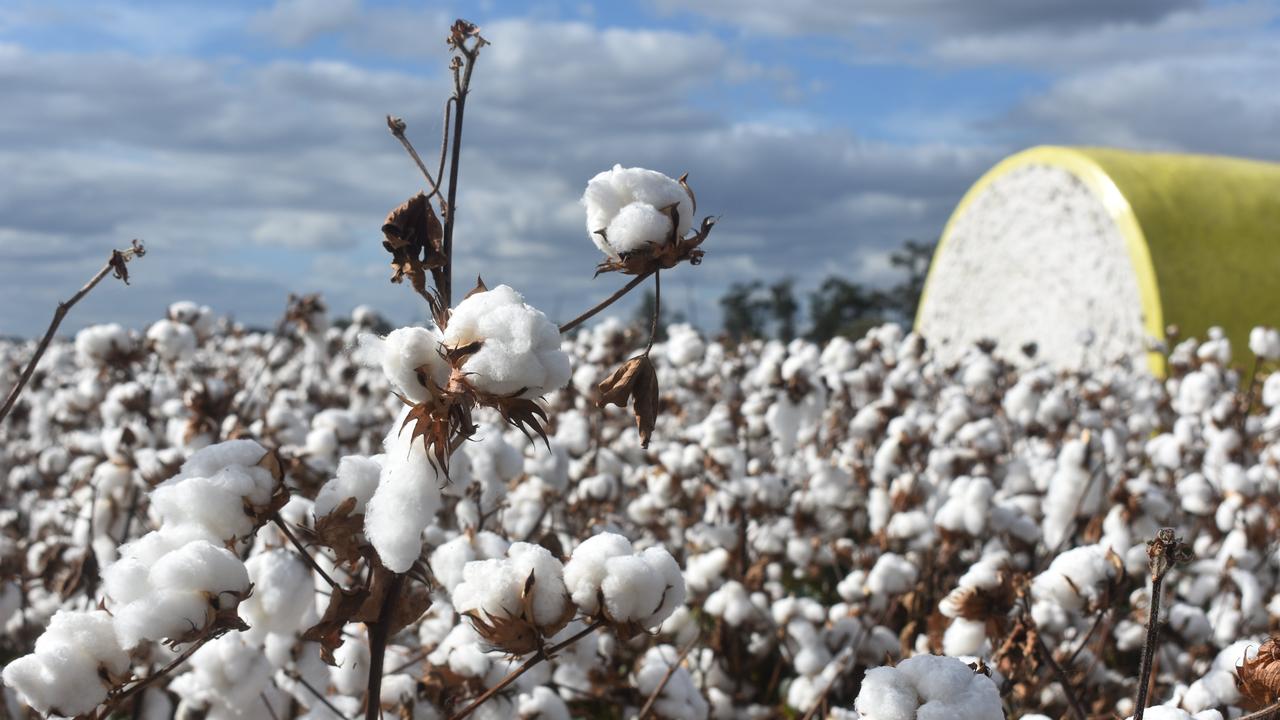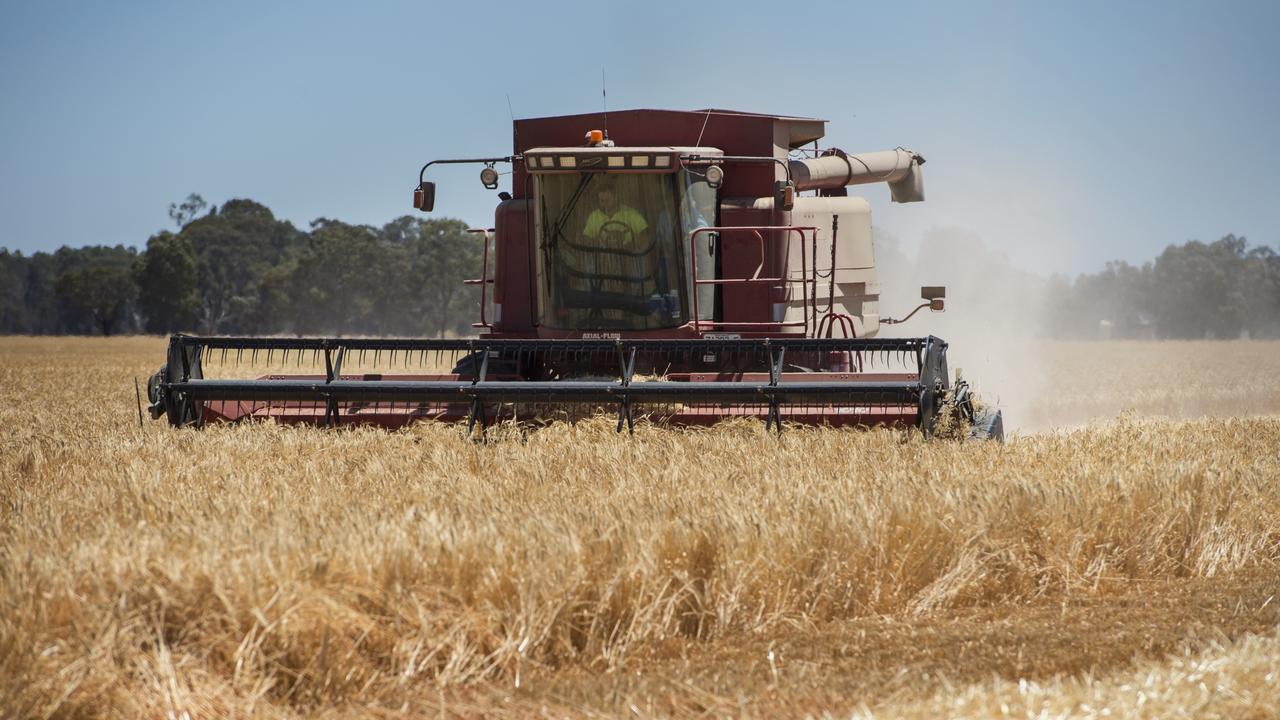Fodder industry pushes for national database
A peak fodder industry body is calling for more transparency in the market as Australia’s bushfire crisis, paired with ongoing drought, drains national fodder stocks.

AS Australia’s devastating bushfires increase pressure on hay supplies for livestock feed, calls have been ramped up for a more “accurate” representation of the market.
The Australian Fodder Industry Association called for a market database to provide “better insight” into stocks and demand at the recent Bushfire Roundtable meeting in Canberra.
AFIA chief executive John McKew said demand was strong before the bushfires in NSW and Queensland, and now extra pressure was mounting.
“This will be more pronounced in coming weeks,” Mr McKew said.
He said industry representatives continually asked how much fodder was left in the system, where it was going and how much there was in reserves.
“Quantitatively, I don’t know,” Mr McKew said.
“The industry doesn’t know — that information is not recorded for domestic fodder production and sales.”
The lack of transparency not only affected fodder, Mr McKew said, but also cattle, sheep and grain industries.
“We won’t run out of supply, but the quantities and quality people are purchasing will be difficult to meet,” he said.
According to Mr McKew, some farmers with stocks of hay have also held off putting it into the marketplace.
“We have seen this to a varying degree in previous seasons, but this year it is at a heightened level following an ongoing drought and the uncertainty of the season,” he said.
Mr McKew said the database wouldn’t be a quick fix and it would take time to develop.
“I accept that a development of a database will not be easy to do,” he said.
“But I think our first port of call will be to have a chat with ABARES to determine if there is a pre-existing model to use as a proxy for the fodder industry.”
Mr McKew said autumn supply of fodder would be precarious and supply would tighten up. “One factor that will elevate all demand on fodder is an early and widespread autumn break — until then fodder will be in keen demand,” he said.


